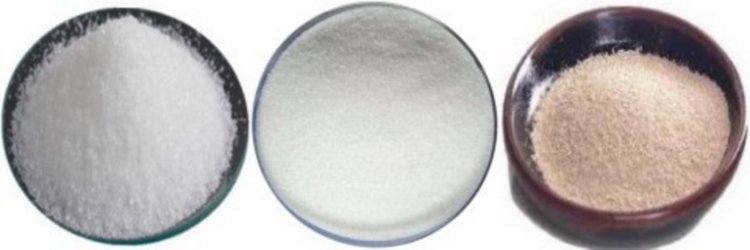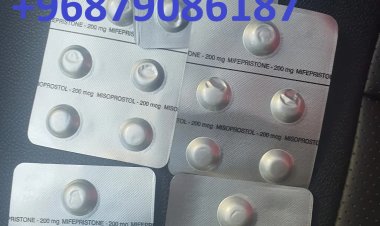Citric Acid Monohydrate CAS Number 5949-29-1 Citric Acid Anhydrous CAS Number 77-92-9 Encapsulated Citric Acid CAS Number NA
Citric acid is an organic compound with the chemical formula HOC(CO2H)(CH2CO2H)2. Usually encountered as a white solid, it is a weak organic acid. It occurs naturally in citrus fruits.
Share this Post to earn Money ( Upto ₹100 per 1000 Views )

Citric Acid Monohydrate CAS Number 5949-29-1
Citric Acid Anhydrous CAS Number 77-92-9
Encapsulated Citric Acid CAS Number NA
https://www.crystalclearproducts.org/citricacid.html

Because it is one of the stronger edible acids, the dominant use of citric acid is as a flavoring and preservative in food and beverages, especially soft drinks and candies. Within the European Union it is denoted by E number E330. Citric acid can be added to ice cream as an emulsifying agent to keep fats from separating, to caramel to prevent sucrose crystallization, or in recipes in place of fresh lemon juice. Citric acid is an excellent chelating agent, binding metals by making them soluble. It is used to remove and discourage the buildup of limescale from boilers and evaporators. Citric acid is used as an acidulant in creams, gels, and liquids. The buffering properties of citrates are used to control pH in household cleaners and pharmaceuticals.
Micro-encapsulated Citric Acid is manufactured by wurster coating process. We have different sizes of encapsulating machines to take a batch of 1kg to 500kg. Micro-encapsulation of Citric Acid is done by sparay painting of a suitable grade of Citric Acid with hydrogenated vegetable or with mono and diglycerides. The inside core is of say about 80% Citric Acid and the coating is the balance.
Encapsulated Citric Acid is offered in two differnt types of coating. One with polymer coating is used mainly in fracturing industry and the one which is coated with hydrogenated vegetable oil is used in bakery or food industries and also for fracturing. Hydrogenated palm oil or Hydrogenated soybean oil will have a sharp release at say 55-60C (about 130-140F) or say 65-70C (about 150-160F). This can be called temperature based release. Polymer coated slow release or extended release citric aid is used in shale gas fracturing.














